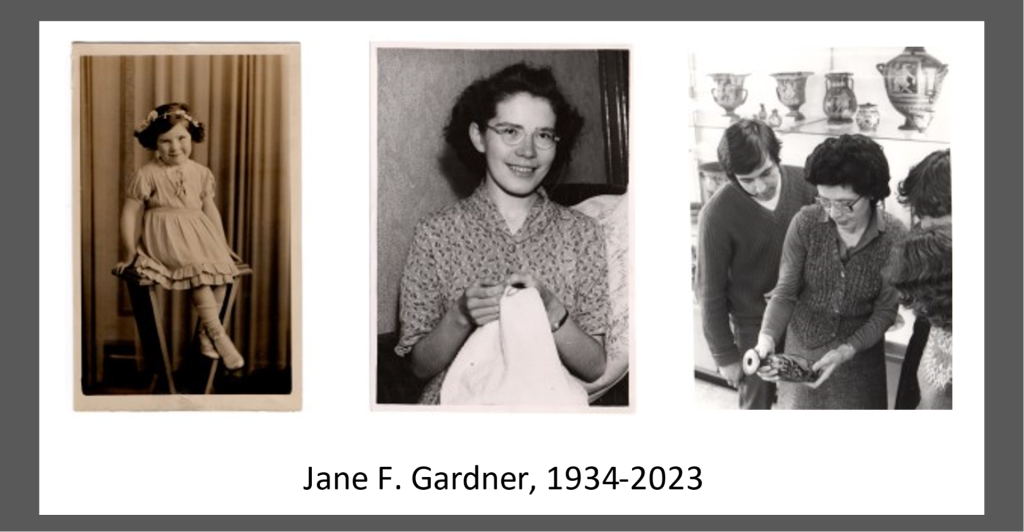 Greek and Roman tragedy has served as a platform to explore and discuss central issues regarding politics, identities, and societal issues, ranging from feminism, race, fascism, and communism to abortion, generational tensions, and national identity. LGBTQI+ issues of identities, desires and politics have also found a useful tool in ancient tragedy as a channel for exploration, discussion, and vindication. Tragedy has been queer, queered, and queering for many a decade now.
Greek and Roman tragedy has served as a platform to explore and discuss central issues regarding politics, identities, and societal issues, ranging from feminism, race, fascism, and communism to abortion, generational tensions, and national identity. LGBTQI+ issues of identities, desires and politics have also found a useful tool in ancient tragedy as a channel for exploration, discussion, and vindication. Tragedy has been queer, queered, and queering for many a decade now.
The international and interdisciplinary conference Tragedy Queered, which took place at the University of Reading on the 6th and 7th of July 2023, precisely explored the dialogue, relationships and cross-fertilisations between Graeco-Roman tragedy and queer culture. The conference developed substantial and consistent insights into a phenomenon that has remained almost untouched in scholarship. All fifteen speakers, from provenances as diverse as L’Aquila, London, Santa Barbara, Philadelphia, Oxford, and New York, and ranging in academic positions from postgraduate students to full professors, explored and analysed the use of ancient tragedy in queer culture in a vast array of media, including novels, drag, theatrical stagings, poetry, dance, film, multi-media performance, and biography. The papers, headed by the keynote speech on Judith Butler, Freud, and the house of Oedipus by Professor Orrells (KCL), exhibited a diverse plethora of queer-tragic receptions and dialogues. Among other issues, they explored the importance of the tragic character and plots of Helen and Philoctetes regarding the loss and struggles of AIDS in novels and drag, queer love and loss in dance and multimedia performance, how Athena is a good or bad example for trans experience, the tragic in pre-Stonewall poetic writing and the translation, tragic structures, plots and characters in film and theatre, and what can queer theory bring to ancient tragic texts and performances.
The conference and its speakers managed to do far more than I expected as organiser. It was able to establish points of departure for many aspects in the study of the relationship between tragedy and queer culture and also of the tragic and the queer; it was able to pay attention to queer culture before and after the Stonewall Riots, the historiographical starting-point for queer liberation; it was able to attest to queer lives, queer history and queer theory and the interweaved presence of tragedy in them; and finally, and perhaps most importantly, it was able to further consolidate and multiply a community of queer scholars, students, artists and people, past, present, and future. Keep your eyes peeled for the volume that will result from the conference, so you can see with you own eyes what Tragedy Queered was able to reveal, explore and unite on two summery tragic-queer days in Reading.
Special thanks to the Tragedy Queered sponsors: Institute of Classical Studies (SAS, UoL); The Department of Classics (UoR); Dean for Diversity and Inclusion (UoR); Research Dean for Heritage & Creativity (UoR). I am very grateful to Matthew Knight for his excellent and indispensable work in designing the poster, programme, and name tags and to Josh Ison for his essential help in guaranteeing that the conference ran smoothly and enjoyably. Thanks also to colleagues in the department for their support and encouragement.
Written by Dr. Oliver Baldwin











